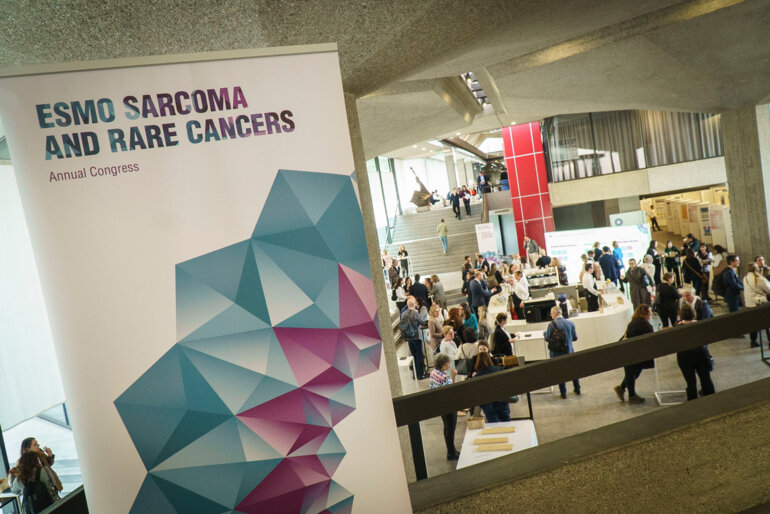
Studies provide further evidence to support continued imatinib in two different GIST indications
Uninterrupted imatinib is essential to optimise outcomes in metastatic and high-risk resected GIST

Uninterrupted imatinib is essential to optimise outcomes in metastatic and high-risk resected GIST

However, patients’ sexual concerns are often unaddressed in oncology, a study suggests

Studies investigate the discriminatory capacity of existing prognostic scales and the factors associated with survival to help select patients who may benefit from participation in early phase trials

A study proposes a model that is able to learn broad aspects of cancer–immune interactions from early phase trial data

Research is ongoing to revisit the classic neoantigen approach that may better interpret the complexity of the immune system

Updated analysis of the ABC trials favors anthracycline-based regimens in terms of IDFS and RFI, but no OS, when compared to taxane-based chemotherapy

Encouraging EFS and OS results were presented at an ESMO Virtual Plenary for the use of the immune checkpoint inhibitor prior and after surgery

Survival benefits of the radioligand therapy needs to be confirmed in further studies

Cabozantinib plus atezolizumab may represent a novel option for patients progressing on first-line hormonal therapy

A phase II trial reports a longer recurrence-free and distant-metastasis free survival with the combination of mRNA and pembrolizumab.
This site uses cookies. Some of these cookies are essential, while others help us improve your experience by providing insights into how the site is being used.
For more detailed information on the cookies we use, please check our Privacy Policy.
Necessary cookies enable core functionality. The website cannot function properly without these cookies, and you can only disable them by changing your browser preferences.